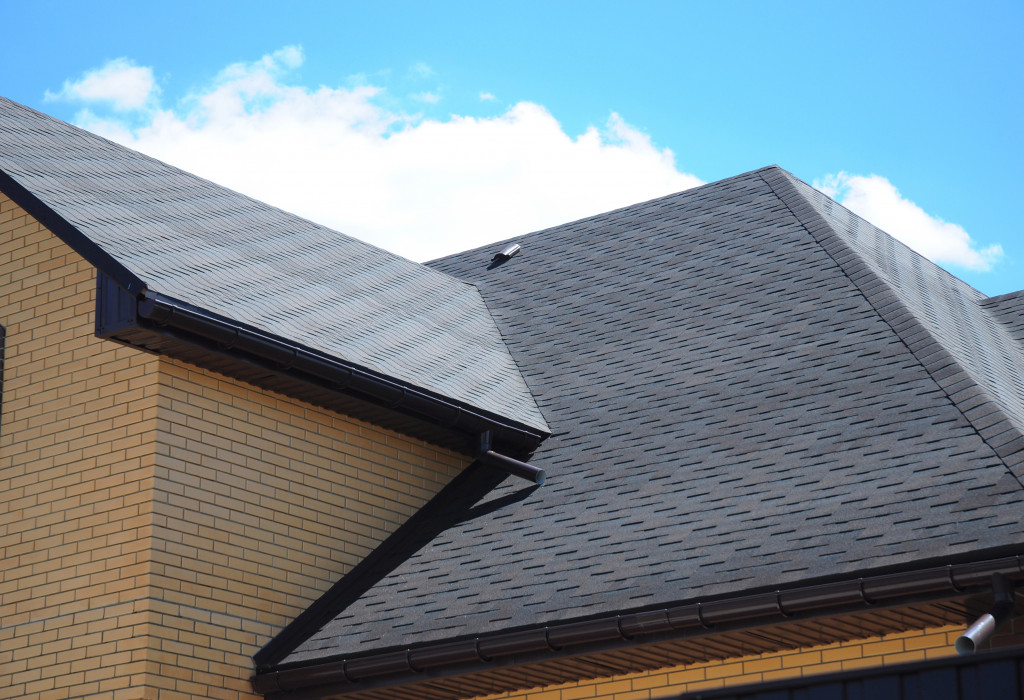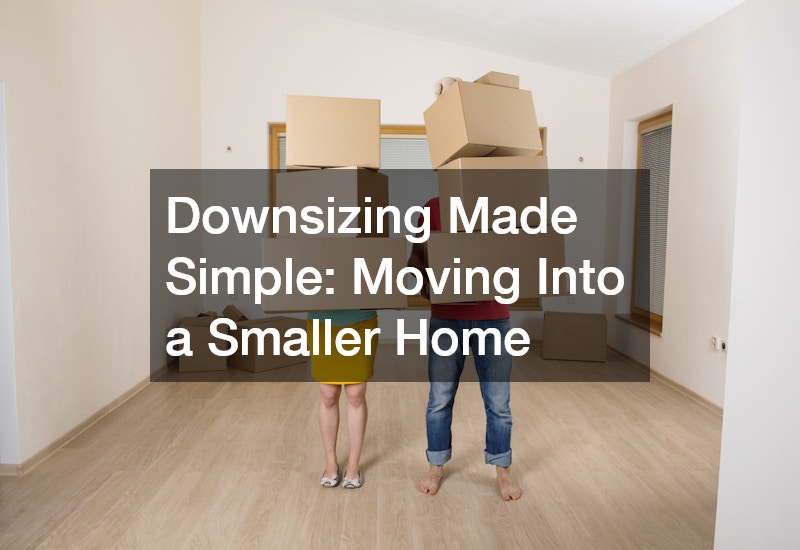- Location and local laws and regulations are important factors to consider when buying a second house.
- You should also take rental potential into account; investigate the safety of the environment and amenities that may attract renters.
- Financial considerations when purchasing a second house include researching financing options and calculating all associated costs, to mention some.
- Researching and understanding the implications of ownership before purchasing will help ensure you make the best decision.
Buying a second house is an exciting prospect, but it also requires a lot of thought and preparation. There are several considerations when buying a second house that must be considered before signing on the dotted line. By arming yourself with knowledge about what goes into purchasing a second property, you can ensure that your investment pays off for years to come!
Location
When buying a second property, it is essential to consider the location carefully. Due to the significant financial and lifestyle commitment of purchasing a home, being aware of what the city or town has to offer in terms of schools, employment opportunities, healthcare, and recreation is essential.
Hiring a reputable realtor can help immensely when making this decision. They can provide information on local renting rates and future market projections – key variables to keep when evaluating a potential purchase. Furthermore, considering factors such as local crime rates and proximity to infrastructure will also prove beneficial in making a better-informed decision.
Rental Potential
When considering if you should purchase a second house, you should consider the potential for it to become a rental property. Many investors opt to buy second homes as rental properties, and when the market favors renting over buying, this can be an attractive investment.
Therefore, when looking at the home in question, you should consider the safety of its environment and amenities that may attract renters, such as public transportation access and nearby recreational opportunities.
It would be best if you also researched local rental laws, taxes applicable to rentals, etc., to make sure you understand all immediate changes that come with being a landlord, along with any long-term costs or challenges you may encounter.
Financial Considerations
Financing Options

Purchasing a second house involves several financial considerations that must be strategically considered, as decisions made during the purchase process can have long-term effects. A few standard financing options include taking out a mortgage, obtaining a loan from family/friends, or investing money through various real estate investment trusts.
Each option has its pros and cons, so it is essential to research these before committing financially to determine which option works best for the particular situation. Before deciding on financing options, information about taxes and other costs should also be obtained and considered thoroughly to make an informed decision that yields maximum returns.
Tax Implications
Owning two properties is a goal for many individuals, but it’s essential to consider its tax implications. The taxes levied on real estate vary between states. Hence, it’s vital to familiarise yourself with them and ensure you understand the financial aspects and are comfortable paying this additional expense.
It’s also necessary to ensure that you receive any tax deductions you’re entitled to, such as improvements made on mortgage interest payments. Lastly, if you plan on renting either or both of your properties, your rental income will constitute taxable income, and you must pay taxes on this too. It’s, therefore, essential to take into account the potential tax implications when considering ownership of more than one property.
Maintenance Costs
A second house is a big purchase and requires careful consideration, especially maintenance costs. Not only do you need to factor in the amount of money you are willing to spend initially, but taking into account the regular upkeep of such a large property can be just as important.
Depending on the age and condition of your second house, you could incur high costs for repair and upkeep. Extensive renovations or unexpected faults can be incredibly costly and dent your savings. Therefore, carefully considering the potential ongoing expenses associated with your second home before purchasing is integral for financial security in the long run.
Overall Budget

Prioritizing and understanding your financial capabilities will help you make the best decision for this significant investment. This means assessing the current economic climate and your financial situation, as well as taking into account other expenses that may arise from such an acquisition (e.g. property taxes, maintenance costs, etc.).
It is also important to consider how much the monthly payment for the mortgage on your second house would be compared to what you are paying for your current house. When planning for your second home purchase, it is essential to look at all of these factors diligently before making any commitments. Doing so will help ensure that one does not overextend themselves financially, reducing the risk of defaulting on those payments.
These are just a few things to consider when buying a second house. Taking the time to understand all potential implications of such an investment and doing thorough research is integral for making sure that you make the best decision regarding your second property purchase.







